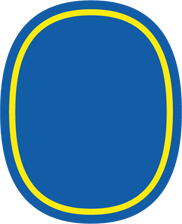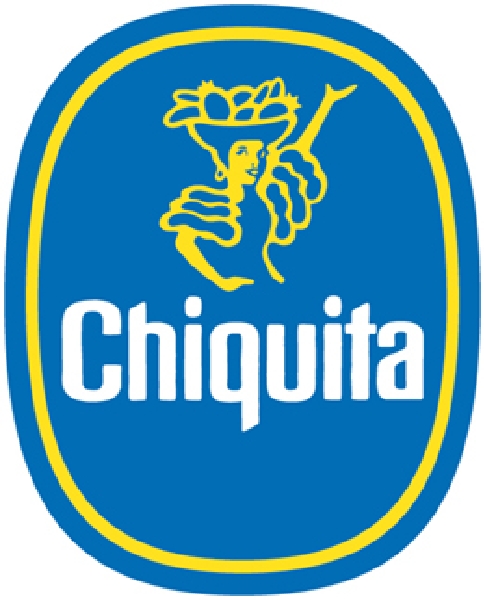
Trademark Strategy in Practice: Lessons from Chiquita and Lidl
When Word and Image Come Together — or Don’t. How should you protect your logo – as a whole, or also in its parts?
Logos are the visual essence of a brand — creating recognition, trust and competitive distinction. But how should you legally protect a logo composed of both a word element and a visual background? Two sets of recent decisions by EU institutions — one involving Chiquita, the others involving Lidl — offer important strategic lessons.
Case 1: Chiquita – When an image alone falls short
The EU General Court ruled (for more details, click here) that Chiquita’s blue-yellow oval lacked distinctiveness and could not function as a stand-alone EU trademark.


While recognizable as part of the brand’s identity when combined with the name, the simple shape and colors were seen as too generic — especially in the fruit industry. Chiquita also failed to prove that the shape had acquired distinctiveness on its own across the EU.
Case 2: Lidl – When the image endures beyond the word
Tesco tried to revoke Lidl’s figurative marks (for more details, click here) showing only the colored circle from its logo — arguing they were never used on their own.


But the EUIPO held that use of the full logo (with the word “LIDL”) could count as genuine use of the image, as long as the figurative part remained independently distinctive.
While protection for some services was lost due to lack of evidence, Lidl kept rights in core retail areas.
Shared Takeaways from Both Cases
These cases highlight complementary lessons:
1. Protection Strategy: Register separately and together
Brands should register word marks, figurative marks, and combined marks — each serves a purpose and enhances legal flexibility.
2. Don’t Rely on Simplicity
Abstract shapes or common colors often lack distinctiveness. Logos must be creative and recognizably unique.
3. Combined Use Can Be Enough
If the figurative part remains visible and distinctive, using the full logo may preserve rights in the image alone.
4. Use Must Be Proven
Keep detailed evidence of brand use — advertising, packaging, digital presence — tied to specific goods and services.
Final Thought: Design Is Not Enough—Strategy Matters
Trademark protection isn’t just about what looks good — it’s about what holds up. Chiquita’s shape failed on its own; Lidl’s image held firm. The difference? Strategy, distinctiveness, and documentation.
Checklist for Brand Owners:
– [ ] Register as word, figurative, and combined marks?
– [ ] Is the visual component unique enough?
– [ ] Does the image function on its own as a brand indicator?
– [ ] Is your use documented and tied to specific goods/services?
Bei Fragen nehmen Sie gerne Kontakt mit uns auf.

Dietrich Blumenröhr
Patent Attorney